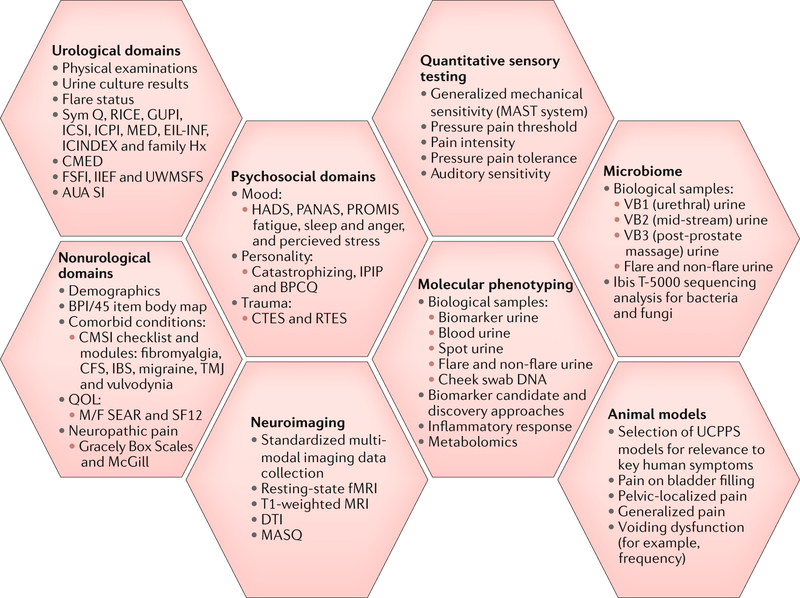Fig. 2 |. MAPP I data domains and protocol.
In the first phase of studies (MAPP I), the Multidisciplinary Approach to the Study of Chronic Pelvic Pain (MAPP) Research Network collected extensive data describing urologic chronic pelvic pain syndrome (UCPPS) phenotypes. The schematic depicts the various study domains, protocols and associated UCPPS animal models used in the Trans-MAPP Epidemiology and Phenotyping (Trans-MAPP EP) Study9. The specific measures collected for each study domain are listed, as well as notations of the main methods and relevant biological samples used, where applicable. Both participants with UCPPS and control individuals were assessed in these broad domains at baseline, and participants with UCPPS were assessed longitudinally during a 12-month follow-up period. AUA SI, American Urologic Association Symptom Index; BPCQ, Beliefs in Pain Control Questionnaire; BPI/45, Brief Pain Inventory-45; CFS, chronic fatigue syndrome; CMED, current medications; CMSI, Complex Medical Symptoms Inventory; CTES, Childhood Traumatic Events Scale; DTI, diffusion tensor imaging; EIL-INF, Early In Life Infection History; Family Hx, family history of UCPPS; fMRI, functional MRI; FSFI, Female Sexual Function Index; GUPI, Genitourinary Pain Index; HADS, Hospital Anxiety and Depression Scale; IBS, irritable bowel syndrome; ICINDEX, Interstitial Cystitis Symptom and Problem Index; ICPI, Interstitial Cystitis Problem Index; ICSI, Interstitial Cystitis Symptom Index; IIEF, International Index of Erectile Function; IPIP, International Personality Item Pool; MASQ, Multiple Ability Self-Report Questionnaire; MAST, multimodal automated sensory testing; MED, medical history; M/F SEAR, Male/Female Self-Esteem and Relationship Questionnaire; PANAS, Positive and Negative Affect Schedule; PROMIS, Patient-Reported Outcomes Measurement Information System; QOL, quality of life; RICE, RAND Interstitial Cystitis Epidemiology survey; RTES, Recent Traumatic Events Scale; SF12, 12-item Short-Form Health Survey; Sym Q, MAPP Symptom Questionnaire; TMJ, temporomandibular joint; UWMSFS, University of Washington Male Sexual Function Survey.

